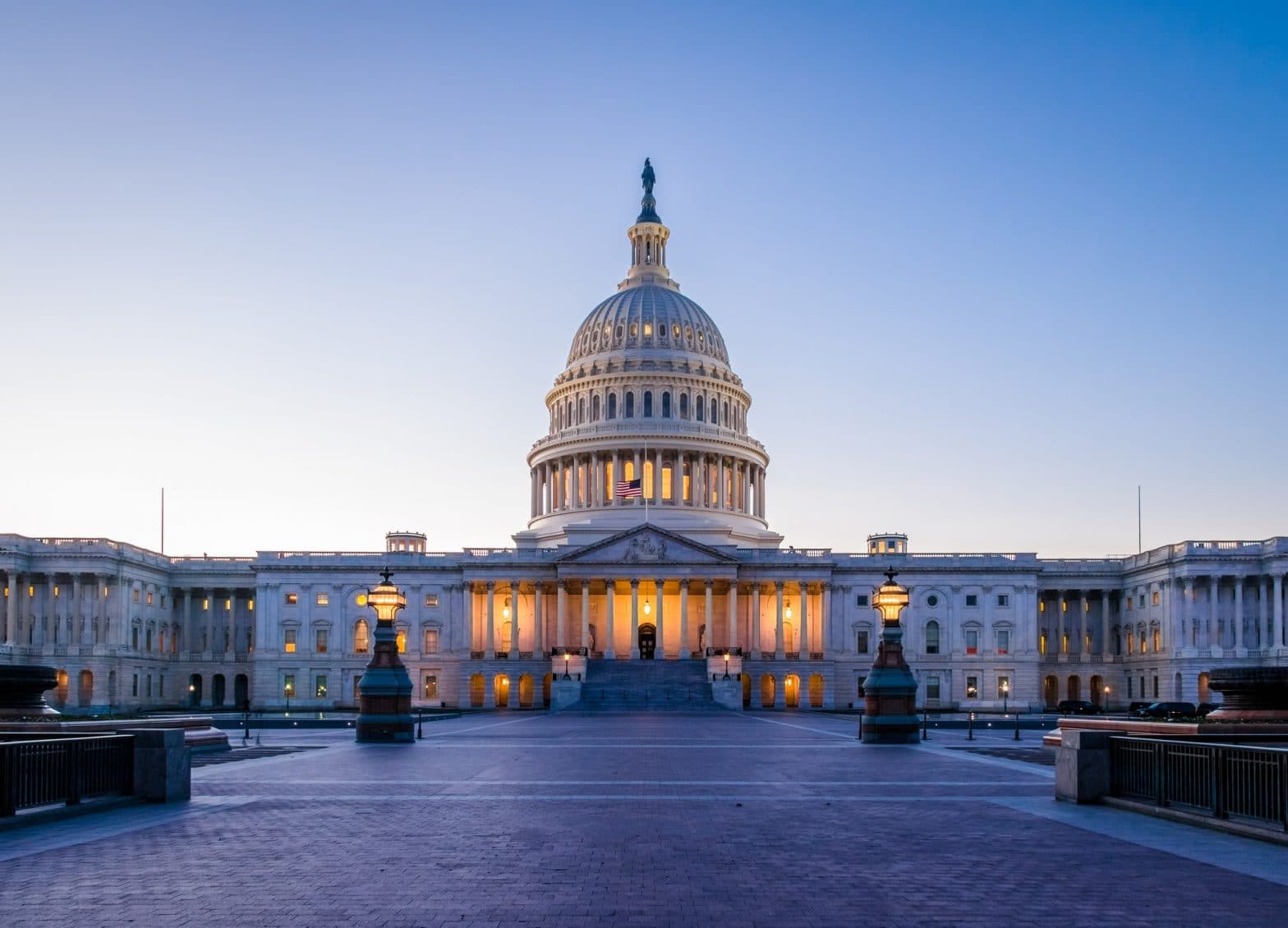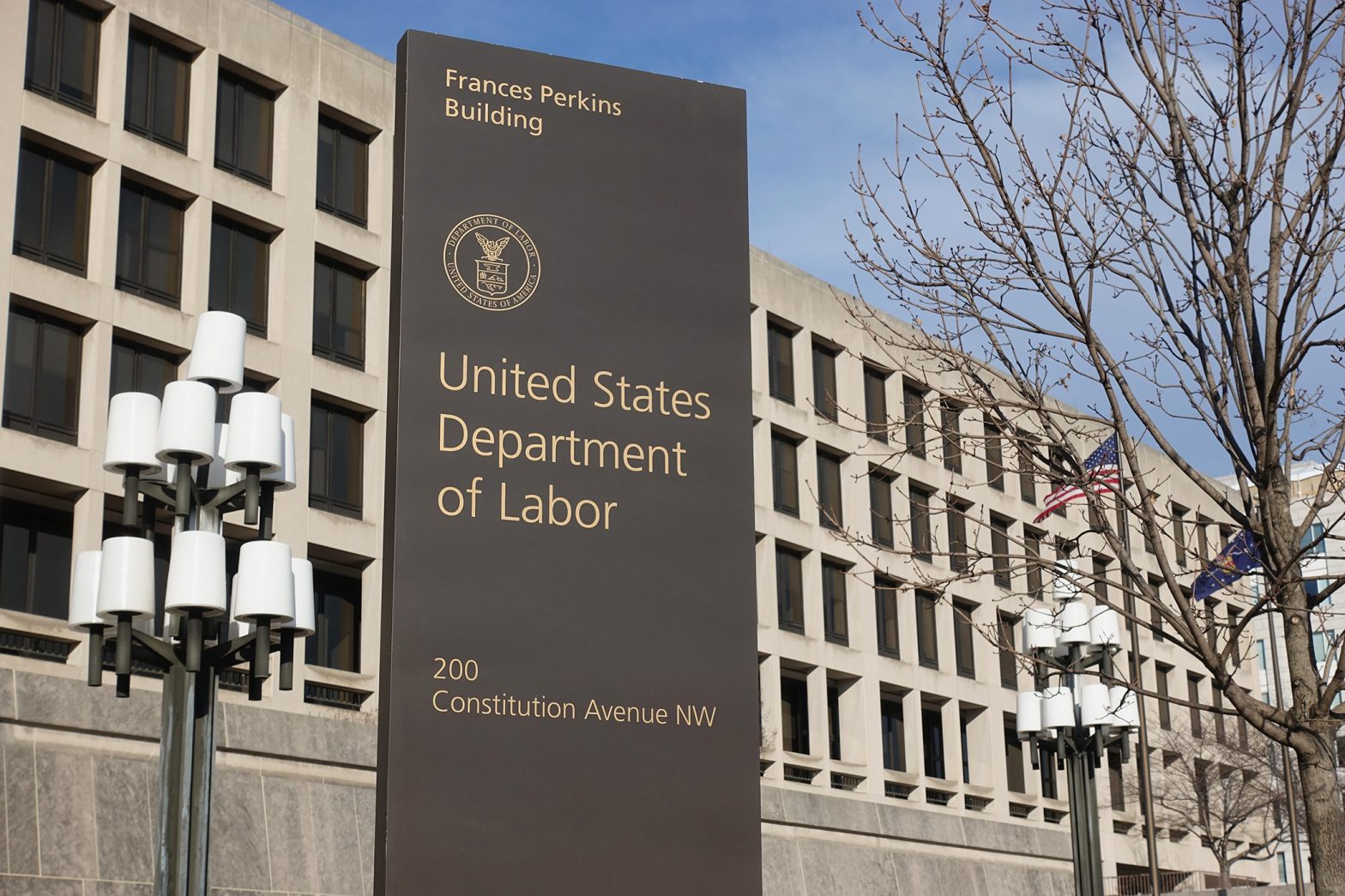In February, ERIC and our allies on the ground spoke out in strong opposition to SB 1 during a Senate Finance Committee public hearing.
Topic Archives:
ERIC WIN: Ohio Legislature Passes PSYPACT Legislation
Ohio lawmakers took ERIC’s recommendation to pass SB 2 out of the Senate and House chambers. The bill increases access to mental health providers in the state by entering the Psychology Interjurisdictional Compact.
ERIC Victory: Maryland Lawmakers Shift Paid Leave Focus Based on ERIC Recommendations
ERIC successfully defeated Maryland’s paid leave insurance program and significantly pared down state COVID-19 emergency paid sick leave legislation. ERIC had been fighting the two proposals since the beginning of the year.
ERIC WIN: Tennessee Senate Passes PSYPACT Legislation
ERIC recommended passage of HB 455, which is a win for ERIC and its member companies as the bill increases access to mental health providers in the state by entering the Psychology Interjurisdictional Compact.
ERIC Victory: New York City Council Moves Retirement Savings Program Legislation Including ERIC Recommendations
Today, the New York City Council Committee on Civil Service and Labor voted to pass bills Int. 888-18 and Int. 901-18, which respectively create a city-administered retirement savings program and a retirement savings board to oversee its administration.
ERIC Victory: Congress Passes Multiemployer and Single Employer Funding Changes; DOL Signals Changes to Investment Rules
The American Rescue Plan heads to the President’s Desk for Signature and the DOL issues enforcement guidance on ESG and Proxy Rules.
ERIC Victory: DOL Issues Guidance on Missing Participants
Earlier today, the DOL issued guidance on missing and non-responsive participants. ERIC has been working with the agency for several years to encourage them to provide some guidelines that employers can use specifically during the audit process. The guidance comes in three parts.
DOL’s Missing Participant Guidance Good First Step
ERIC is pleased that the Department of Labor has released much-needed guidance on missing participants. As plan sponsors who voluntarily offer retirement plans, our member companies share the agency’s goal of ensuring that every participant receives the benefits they have earned.
ERIC Victory: Ohio Governor Signs Surprise Billing Legislation
On January 8, Governor DeWine signed HB 388 into law. The bill creates a reasonable, market-based benchmark in surprise billing situations, taking the patient out of the middle, and providing certainty to plans, plan sponsors, patients, and providers in the state.
ERIC Wins: Ohio Surprise Billing and Ohio PSYPACT Legislation
Today, ERIC is sending Governor DeWine a letter asking for his support and signature of the bill. We hope the Governor will sign the surprise billing initiative, as HB 388 will save money for Ohio businesses, and will ensure a much simpler, more straightforward, fair resolution to situations involving fully-insured plans.




